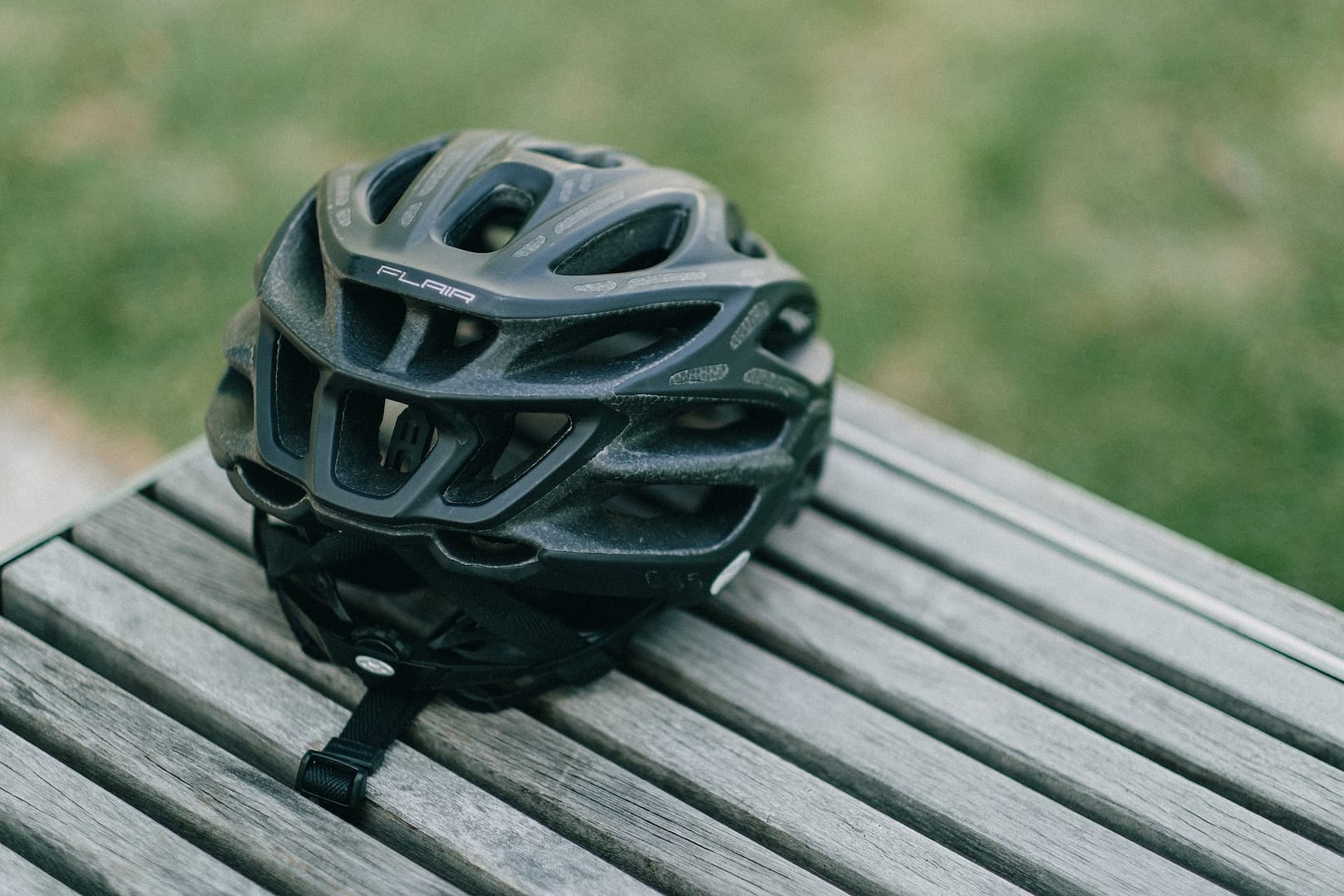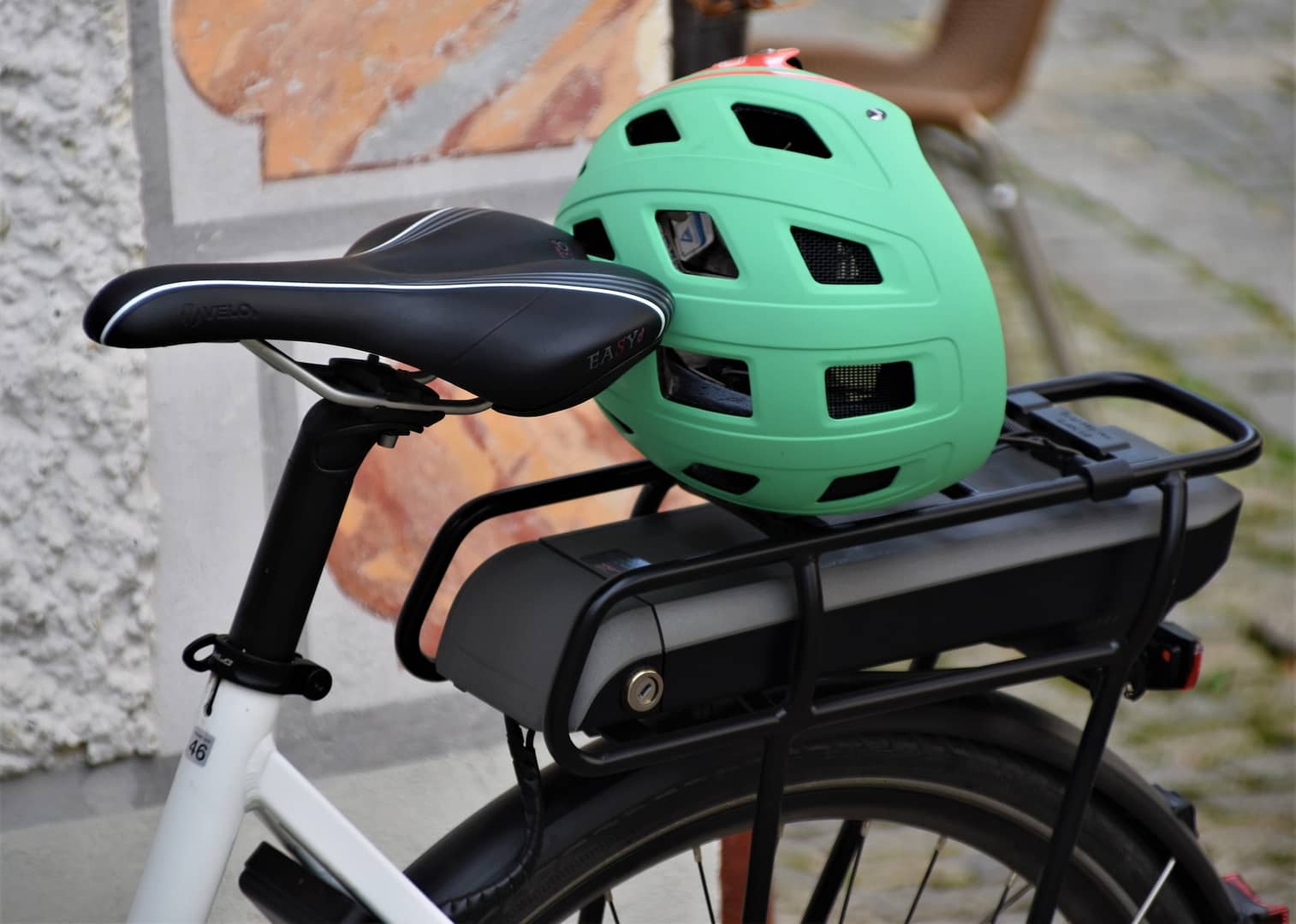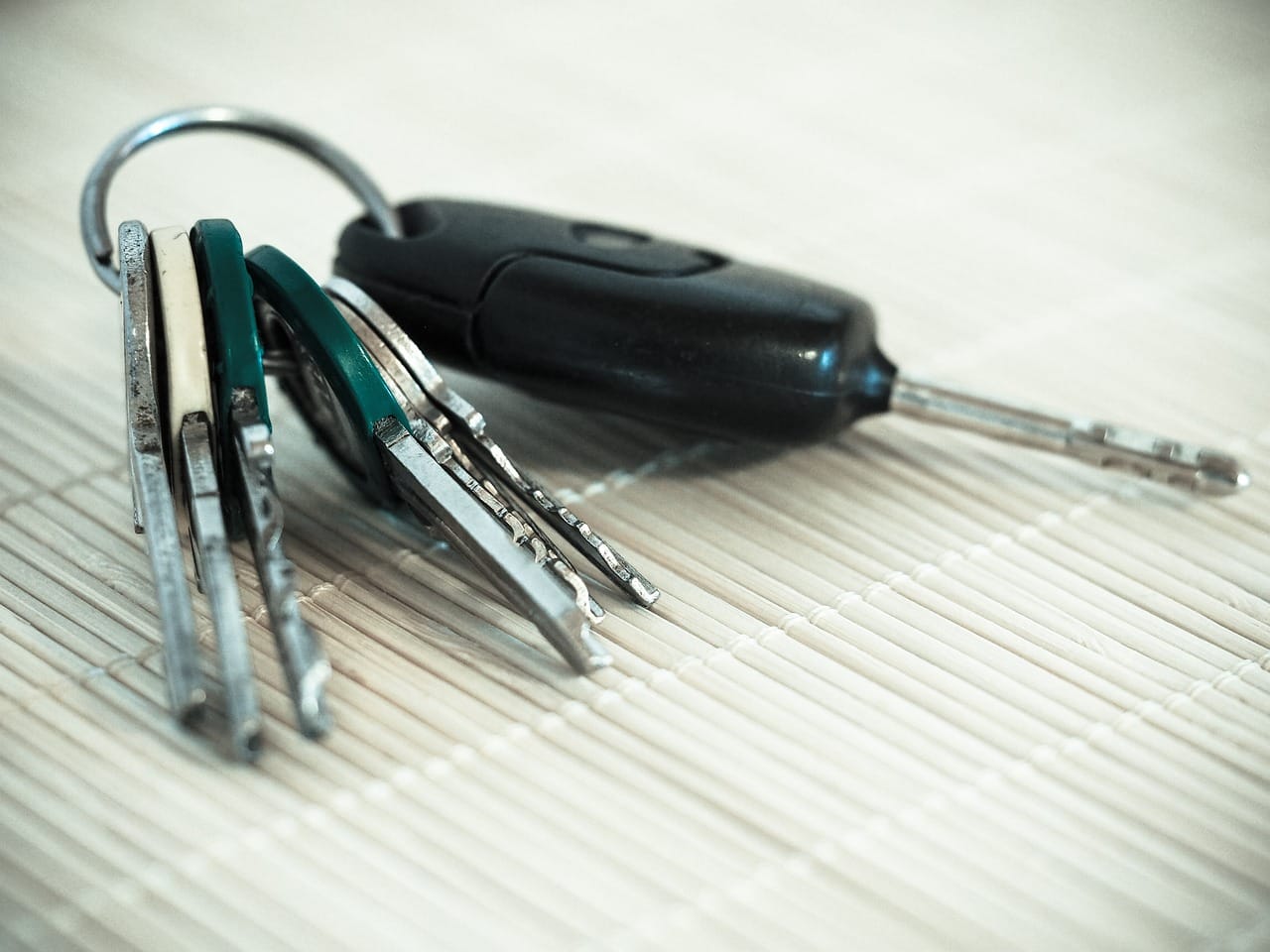In today’s fast-paced world, cycling and scooting have become increasingly popular modes of transportation, both for leisure and commuting. Whether you’re pedalling along on a bicycle or zipping through the city on a scooter, safety should be a top priority. That’s where the trusty helmet comes into play. But is there a difference between a scooter helmet and a bike helmet? Do helmets really save lives for cyclists and scooter riders? Let’s dive into this important topic and explore the ins and outs of helmet use, drawing insights from the UK to shed light on the matter. We will also walk you through the best way to start a road traffic accident claim with us at National Claims.
Helmet Types: Scooter Helmet vs. Bike Helmet
Before we discuss the life-saving potential of helmets, let’s address the age-old question: Is there a difference between a scooter helmet and a bike helmet? At first glance, they may seem quite similar, both designed to protect your head in case of an accident. However, there are subtle differences between the two that cater to the unique needs of each mode of transportation.
Design and Impact Protection
Bike Helmets: Bike helmets are primarily designed to offer protection against impacts related to forward motion. They are engineered to absorb and distribute the energy of a fall or collision that happens while cycling.
Scooter Helmets: Scooter helmets, on the other hand, are designed to provide all-around protection. Since scooter riders may be moving at various angles and often at higher speeds compared to cyclists, these helmets are built to protect against impacts from different directions.
Coverage and Safety Standards
Bike Helmets: Bike helmets typically cover the top, sides, and back of the head. In the UK, these helmets should meet the European Standard EN1078, ensuring a certain level of safety.
Scooter Helmets: Scooter helmets often have a fuller design, covering the sides of the face and the ears, in addition to the head. They should conform to the European Standard EN 1077, which is specific to helmets for alpine skiers and snowboarders but provides a similar level of protection.
While you can technically use a bike helmet for scooter riding and vice versa, it’s advisable to opt for a helmet that matches the activity you’re engaged in. This way, you can ensure that you’re getting the optimal protection for your chosen mode of transportation.
The Lifesaving Potential of Helmets
Now, let’s shift our focus to the most crucial question – do helmets save lives for cyclists and scooter riders? The answer, in short, is a resounding yes. Helmets are lifesavers, and their impact cannot be understated. While we won’t delve into real-life examples or case studies, we’ll draw from data and experiences from the UK to understand the significance of wearing helmets.
Helmets for Cyclists
Cycling is a wonderful and eco-friendly mode of transportation. It allows you to stay fit, reduce your carbon footprint, and explore the world at a pace that lets you truly absorb your surroundings. However, it’s not without its risks, especially when sharing the road with vehicles that are much larger and faster. Helmets play a crucial role in safeguarding cyclists.
In the UK, according to the Royal Society for the Prevention of Accidents (RoSPA), helmets have been found to reduce the risk of head injuries by up to 69% in accidents involving bicycles. This statistic alone should be enough to make every cyclist consider donning a helmet.
However, it’s not just about statistics. Imagine you’re in the beautiful countryside of England, cruising along a winding road with the wind in your hair. The idyllic scene takes an unexpected turn as a car unexpectedly swerves into your path. You have no time to react, and a collision becomes inevitable. In that split second, your helmet becomes your last line of defence.
As you crash to the ground, the impact is absorbed by your trusty helmet, and you may walk away with just a few scrapes and bruises, a testament to the helmet’s protective power. Without it, the consequences could be devastating, potentially changing your life forever.
Helmets for Scooter Riders
Scooter riding, especially in urban areas, has gained immense popularity for its convenience and speed. However, the thrill of zipping through the city streets can quickly turn into a nightmare if safety precautions are ignored. In the UK, the Department for Transport (DfT) highlights the importance of helmet use for scooter riders.
Imagine you’re commuting in the heart of London, navigating through the hustle and bustle of the city. You’re on your scooter, weaving in and out of traffic when suddenly a taxi driver makes an unexpected turn. In the blink of an eye, you collide with the vehicle. The helmet you’re wearing, specifically designed for scooter use, absorbs the impact, minimising the damage to your head and reducing the severity of potential injuries.
It’s essential to understand that scooter riders are often exposed to a different set of risks compared to cyclists. Scooters are generally faster, and riders are closer to the ground, making head injuries even more likely. Hence, choosing the right helmet that provides comprehensive protection is of paramount importance.
Common Misconceptions About Helmets
Despite the compelling evidence supporting the use of helmets for cyclists and scooter riders, there are still some common misconceptions that need to be addressed.
- Helmets are Uncomfortable: Some individuals argue that helmets are uncomfortable and can be a hassle to wear. While it’s true that helmets might take some getting used to, modern designs are more comfortable than ever. Many helmets are lightweight, well-ventilated, and designed for a snug yet comfortable fit.
- Helmets Don’t Look Cool: Aesthetic concerns can deter people from wearing helmets. However, today’s helmet designs are not only safer but also stylish. Many helmets are available in various colours and styles, allowing riders to express their personality while staying safe.
- Helmets are Unnecessary for Skilled Riders: Some experienced riders may believe they don’t need helmets due to their riding skills. However, accidents can happen to anyone, regardless of skill level. Helmets act as a safeguard in unexpected situations, providing a layer of protection that can be a lifesaver.
- Helmets Don’t Make a Significant Difference: Some sceptics argue that helmets do not significantly reduce the risk of injury. The statistics, as mentioned earlier, strongly refute this claim. Helmets are proven to reduce the risk of head injuries substantially, and even a minor reduction in injury severity can make a world of difference in an accident.
Making a Road Traffic Accident Claim with National Claims
National Claims, your trusted partner in times of need, is here to guide you through the process of making a claim. We understand that accidents can be traumatic, and we are committed to helping you navigate the complex world of insurance and compensation.
Initial Consultation
Our journey together begins with a consultation. We want to hear your story, understand the circumstances of the accident, and collect all the necessary information. Your safety and well-being are our top priorities, so make sure to follow medical advice and keep records of your treatment and expenses.
Gathering Evidence
The success of your claim often depends on the evidence you can provide. National Claims will assist you in gathering all relevant documents, including accident reports, witness statements, and any photographic evidence. The more information we have, the stronger your case becomes.
Determining Liability
Once we have the necessary evidence, we’ll work on determining liability. This involves establishing who was at fault in the accident. National Claims will use its expertise to assess this, ensuring your claim is built on a strong foundation.

Conclusion
Helmet use is undeniably a lifesaver for cyclists and scooter riders. The statistics and real-life stories from the UK make it clear that helmets are not merely an accessory but an essential safety tool that can prevent devastating head injuries. Whether you’re cycling through the picturesque countryside or scooting through the bustling city streets, your helmet is your silent guardian, ready to absorb the impact and protect you when you need it the most.
As we’ve explored, the difference between a scooter helmet and a bike helmet lies in their design and the specific safety standards they adhere to. Both are designed with the purpose of protecting your head, but it’s crucial to choose the one that best suits your chosen mode of transportation.
Misconceptions about helmets, such as discomfort or a lack of coolness, should not deter you from wearing one. Modern helmet designs offer comfort, style, and, most importantly, lifesaving potential. No matter how skilled a rider you are, accidents can happen to anyone, and wearing a helmet is a simple but effective precaution.
If you find yourself in a situation where you need to make a road traffic accident claim, National Claims is here to support you every step of the way. We understand the challenges and complexities of such situations, and our expert team is dedicated to securing the compensation you deserve. Remember, your safety and well-being are paramount, and we are here to help you get back on your feet.
In conclusion, helmet use is not just a recommendation; it’s a lifeline. As you embark on your cycling or scooter adventures, don’t forget to put on your helmet – your silent protector that can make all the difference in the world. Your safety is worth it.
Start your claim today by contacting us and speak to one of our claims specialists.
Click below to see why we are one of the most trusted claims management companies in the UK.

We’re proud of our excellent customer reviews
We thrive on delivering exceptional service and ensuring our clients’ satisfaction. Don’t just take our word for it. Check out some of our independent reviews to see what our clients have to say.
Excellent

This firm is excellent, they sorted out my car pay out and injury claim very fast, they always communicate with you all the time.

My accident case was dealt with confidence and with great result of the outcome, especially James kept me informed all the time.

I was very impressed at the way my inquiry was treated. I was listened to attentively and everything I needed to know was explained to me.






